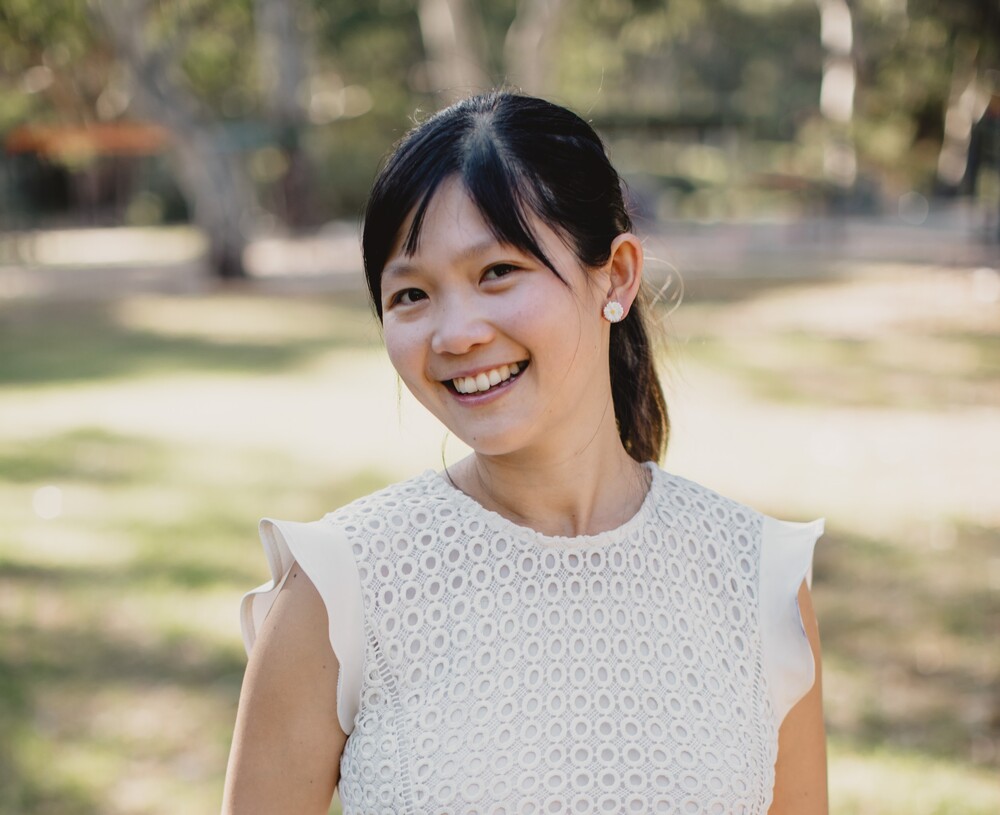Navigating the Complex World of Stepparenting
FA Contributor
03 July 2024, 12:58 AM
 Jasmine and her family. Photo credit: JNV Photography
Jasmine and her family. Photo credit: JNV PhotographyAdvisor Contribution
Stepparenting is tricky. It can feel like parenting with one hand tied behind your back, or trying to live with people who operate based on different values.
I've navigated significant challenge within my family, and I speak to many stepmums struggling with situations that range from delicate, tense, baffling, to downright stressful.
With the added complexity of a blended family history - featuring the loss of the first family - navigating children's challenging behaviours can feature an added layer of difficulty due to complexity and different co-parenting perspectives.
I offer a few thoughts here that I've learnt from my 8+ years of stepmotherhood. They are by no means a silver bullet, but I hope they provide insight lenses through which to consider and support your family dynamic.
SAFETY AND CONNECTION
Challenging behaviour is a big issue of concern in many blended families.
Figuring out what is really going on within a child's world, beneath the challenging behaviour, requires an environment of trust, safety and connection. A book that provides helpful lenses to explore this is Brain Body Parenting by Mona Delahooke.
A poignant question to ponder as offered by trauma expert Gabor Mate, is - how did you really experience your childhood? Did you feel safe, seen and soothed?
Upon reflection, many adults realise they had not received adequate emotional nurturing in their childhood, and from that place, it can be incredibly difficult to provide connected parenting to our children, especially in challenging situations.
Without sufficient self-awareness and regulation, it's easy for parents to react to emotional triggers and make our children the problem, bringing shame and blame in our communication, rather than sturdy leadership and support.
I encourage women to see motherhood and stepmotherhood as a portal to healing and growth, an opportunity to meet the parts of ourselves that need more nurture, in order to mature into adults who can better meet the emotional needs of our children.
Seeking support for the healing journey has been life changing for me and has increased my capacity to live a more authentic and connected life. In the journey, I have examined my perfectionism, recovered my emotional range, learnt to develop more self-compassion, emotional intelligence and flexibility.
Don’t be afraid to seek support! Your children and stepchildren are important, and so are you. You deserve unconditional love, support and acceptance – and it is a profound journey to learn to reparent ourselves in that way.
OPENNESS AND CURIOSITY
Blended dynamics are sometimes sensitive and thorny. Stepmums often find themselves in primary caregiver roles yet without the established bond and authority to effectively correct problematic behaviour.
It is ideal for all coparents to be able to work together in the best interests of the child, but in many situations, this is difficult to achieve. The rift can be huge, and is what led to divorce in the first place.
This means that addressing challenging behaviour in your home often requires creative problem solving. I’m not suggesting this is easy, just that it is an ongoing exploration to be navigated gently and with self compassion. Keep in mind as well, that if this is your first experience of parenting, every new developmental phase your stepchild goes through is something everyone is navigating for the very first time. It is helpful to maintain the curious posture of a student, an explorer.
Questions I ask myself when responding to challenges include: What is my outcome here? What actions will achieve my outcome, and when is the right timing? What is my stepchild really needing in order to come on board? Where are they struggling? Will my communication trigger more shame, or inspire and equip them to do better?
There are many scenarios where parents find their child struggling to work with expectations, “firm boundaries” and consequences. This can be especially true for kids with neurodivergence or who have been through significant trauma.
We have found Dr Ross Greene’s work (and “The B Team” Facebook group) incredibly helpful in this regard. His method, Collaborative and Proactive Solutions (CPS) is a non- punitive, skill building communication model based on empathy, collaboration, listening and respect.
It provides helpful lenses to view challenging behaviour. The theme is, kids do well when they can, and that if we can correctly identify the unsolved problems and lagging skills they are struggling with, we are better equipped to help. Dr Greene’s Plan B approach to problem solving helps us to approach our child’s struggles with openness and curiosity.
FACING INTO CHALLENGE
Many parents and stepparents are doing their best to support their children amidst challenging realities.
Sometimes it can be difficult to stay regulated due to demanding occupations, the mental load, state of our nervous and sensory system, competing priorities, and our own childhood.
To stepparents who are in the trenches and feeling the difficulty of the task, take heart - love is never wasted. Any investment we make in raising the next generation is helping to create our shared future.

Jasmine Yow is a stepmum coach living in Goolwa, SA. She supports childless stepmums navigating the transition into biological motherhood. She helps them unravel their complex feelings and develop their capacity to create a more cohesive family culture amidst the complexities of blended life. Her kids are 13, 5 and 3.
Stepmum Coach
Helping Stepmums and Mums Thrive
www.facebook.com/groups/stepmum.to.mum
Instagram: @jasmineyow
[email protected] | 0430 043 215